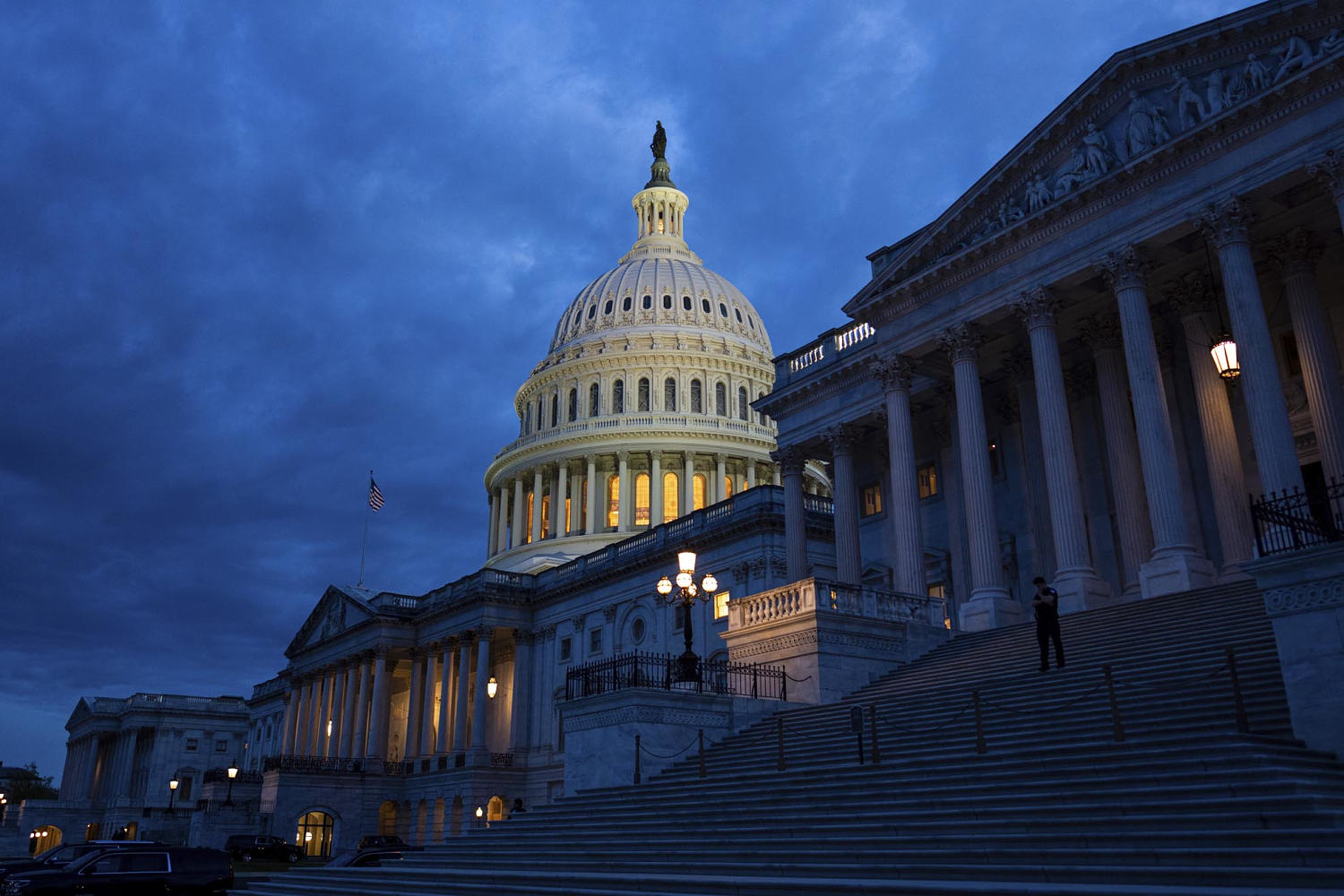
As the Republican Party’s domestic policy megabill, the inaptly named One Big Beautiful Bill Act, heads to Donald Trump’s desk for a presidential signature, the public hasn’t yet come to terms with the scope of the far-right legislation. As Annie Lowery explained in her latest piece for The Atlantic:
If enacted, the OBBBA would be among the most consequential pieces of legislation in recent memory. It would cost more than Trump’s COVID-rescue bill, Joe Biden’s COVID-rescue bill, Trump’s first-term tax cut, George W. Bush’s tax cut, or Barack Obama’s stimulus package; it would dwarf the Affordable Care Act in its budget impact. Still, two in three Americans say they have heard little or nothing about it.
It’s an underappreciated detail. To be sure, a great many national polls released in recent weeks have shown broad public opposition to the GOP’s reconciliation package, but the survey data reinforces what many would intuitively assume: Asked about tax breaks for the wealthy and cuts to Medicaid, most of the American mainstream will say, “No thanks.” (It’s notable that the megabill is only popular with those who know effectively nothing about it.)
But as the most regressive legislation in a generation prepares to become law, the polls only tell part of the picture: Most of the public has rejected the GOP bill in broad strokes, but most voters don’t know the details. Heck, I’ve been obsessed with this legislative effort for months, and I’ve struggled to keep up on all of the granular details, too.
With this in mind, an ambitious public information campaign is poised to get underway — especially as Democrats plan to exploit this far-right monstrosity ahead of the 2026 midterm elections.
What I’m worried about is whether Americans will believe the truth.
This has been a persistent problem in recent decades. As regular readers might recall, in the aftermath of the 9/11 attacks, Congress eyed measures intended to give the economy a boost, and House Republicans were only too pleased to pitch their priorities, including a bill put together by House GOP leaders. By any fair measure, the bill included little more than tax cuts for corporations that the party wanted anyway. Even the editorial page of The Wall Street Journal conceded the plan “mainly padded corporate bottom lines.”
Democrats, eager to go on the offensive, convened focus groups to help sharpen their message. The party, however, quickly discovered a problem: Voters literally couldn’t believe that Republicans would respond to deadly terrorism by pushing corporate tax breaks. Paul Krugman explained at the time, the Republican proposal “was so extreme that when political consultants tried to get reactions from voter focus groups, the voters refused to believe that they were describing the bill accurately.”
More than a decade later, it happened again: A super PAC supporting Barack Obama’s re-election informed focus group participants about Paul Ryan’s budget plan and Mitt Romney’s support for it. As The New York Times reported soon after, respondents “simply refused to believe” what they were hearing, despite the fact that what they were hearing was true.
Jonathan Chait, writing at the time for New York magazine, summarized at the time that focus group participants received accurate descriptions of real GOP proposals, but the truth “struck those voters as so cartoonishly evil that they found the charge implausible.”
It was no doubt frustrating for Democratic strategists to tell a room full of voters the truth, only to effectively hear in response, “That can’t be right.”
As we’ve discussed, the underlying skepticism is understandable. The public has heard all kinds of outlandish accusations over the years, and for those who don’t keep up on day-to-day developments, it can be tough to know what and whom to believe. When mainstream voters hear about Candidate A or Party B pushing a radical idea, many no doubt assume, just as a matter of course, that the claims come with built-in exaggerations.
But with the One Big Beautiful Bill, no exaggerations are necessary. Trump and congressional Republicans decided, on purpose, to redistribute wealth in the wrong direction, punishing struggling families and rewarding the wealthy with tax breaks they don’t need. They made a conscious choice to destabilize their own country’s health care system, finances, energy sector, immigration system, education system, environment and even law enforcement to a degree, all while making it harder for low-income families to put food on the table.
Americans might not have realized they were voting for all of this last fall, but it’s precisely what they’re poised to get — or more to the point, it’s precisely what Republicans are poised to impose on them, whether the public likes it or not.
Lowery’s Atlantic piece added, “The ‘big, beautiful bill’ finances largesse for the rich with austerity for the poor. It will kill tens of thousands of Americans and impoverish millions more to grant million-dollar tax cuts to Trump and other billionaires. It will gut the Affordable Care Act to enrich corporations that move jobs overseas. And it will do nothing to solve the cost-of-living crisis that propelled Trump into office.”
Now all Americans have to do is believe the truth, which, unfortunately, is easier said than done.
